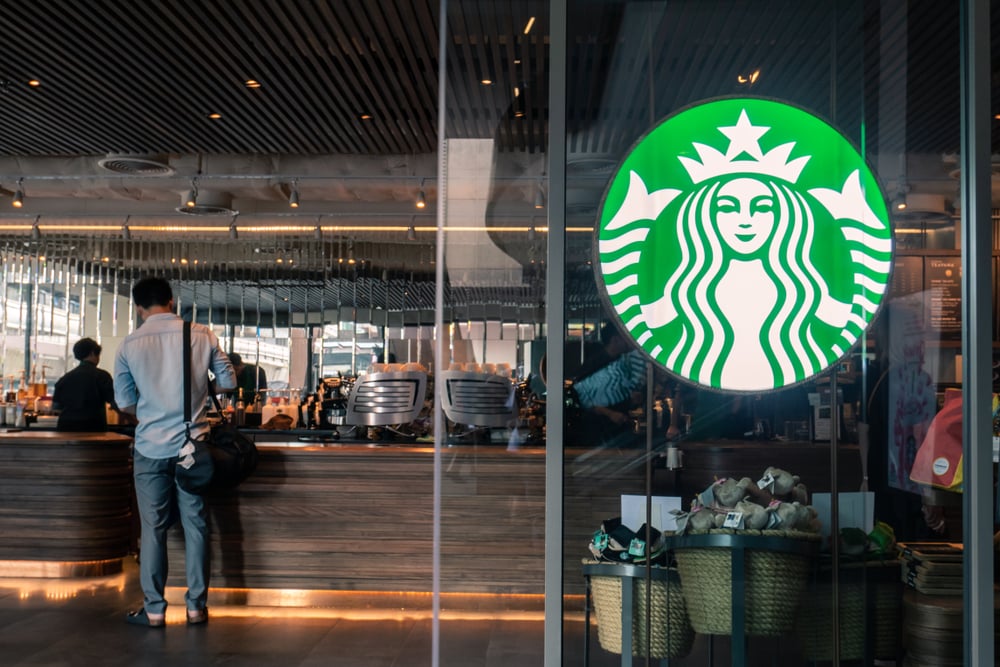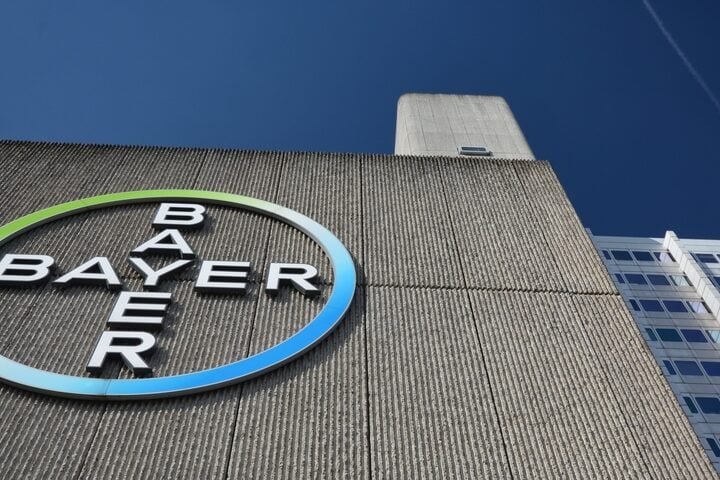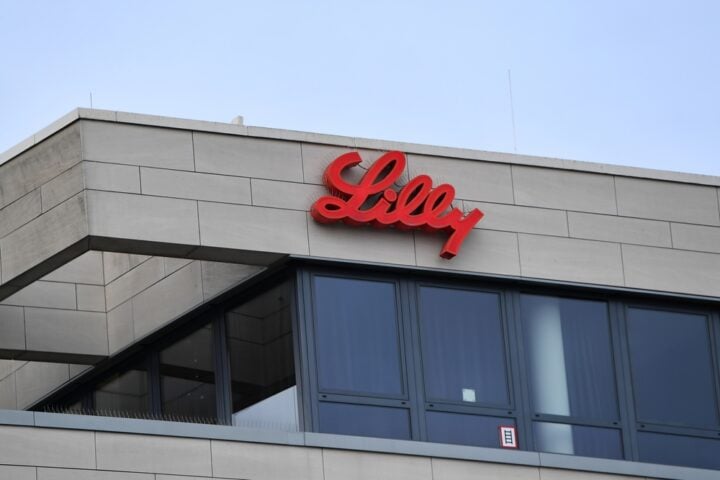Starbucks is taking a new approach under CEO Brian Niccol, who joined the company in September 2024, in a bid to turn the chain around. The company plans to hire more baristas, increase their hours, and reduce its reliance on automation in an effort to improve customer service.
Labor Shortages and Automation Backfire
Niccol acknowledged that reducing labor in stores in favor of automation had not worked as expected. “Over the last couple of years, we’ve actually been removing labour from the stores, I think with the hope that equipment could offset the removal of the labour,” he said. “What we’re finding is that wasn’t an accurate assumption with what played out.”
The coffee giant had previously been testing increased staff numbers in select stores, which Niccol expanded to about 3,000 of its 36,000 locations worldwide. He emphasized that while automation tools can help, they cannot replace the human touch required for a positive customer experience.
Scaling Back Technology Rollout
Alongside the hiring push, Starbucks will scale back the implementation of its Siren Craft System, a technology designed to streamline the drink-making process. Niccol expressed that staffing, supported by technology, was the key to improving service rather than relying solely on equipment.
Focus on Customer Experience and Fresh Offerings
Niccol’s plans also include simplifying Starbucks’ menu and rethinking its pricing strategy. As customers become more cost-conscious, some Starbucks drinks now exceed £6, leading to a decline in sales. In an effort to counter this, Niccol said the company would explore ways to bake fresh products and assemble items in-store at scale, after a successful trial in the UK.
In an effort to improve the in-store experience, Starbucks has reintroduced small details like handwritten notes on cups and the use of ceramic cups, while also bringing back comfortable seating. These efforts aim to enhance customer satisfaction and encourage more people to sit and stay in Starbucks cafes.
Mixed Results Amid Challenges
Despite these changes, Starbucks’ recent financial performance has been disappointing. The company reported a 1% drop in global sales for the first quarter, marking the fifth consecutive quarterly decline. However, sales increased in key markets like China and Canada, offering some optimism for the future.
Niccol acknowledged the results as “disappointing” but remains hopeful that the changes will lead to long-term growth. His leadership is seen as a pivotal moment for the company, as Starbucks faces both competitive challenges and a shift in consumer behavior.







